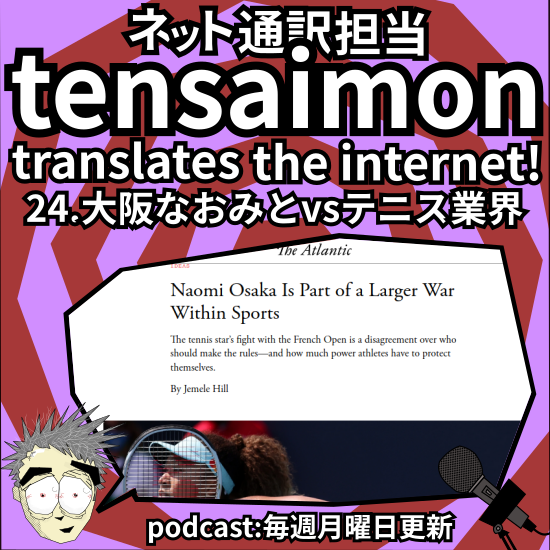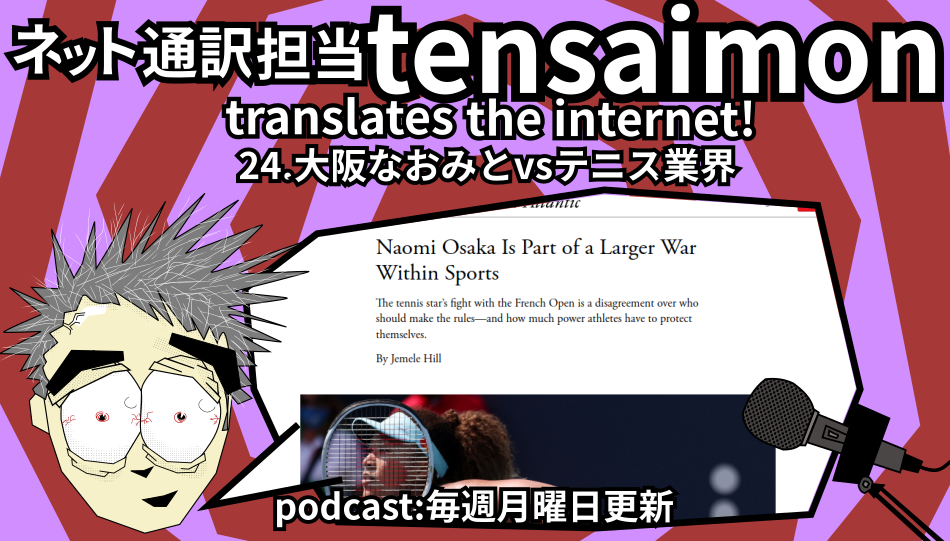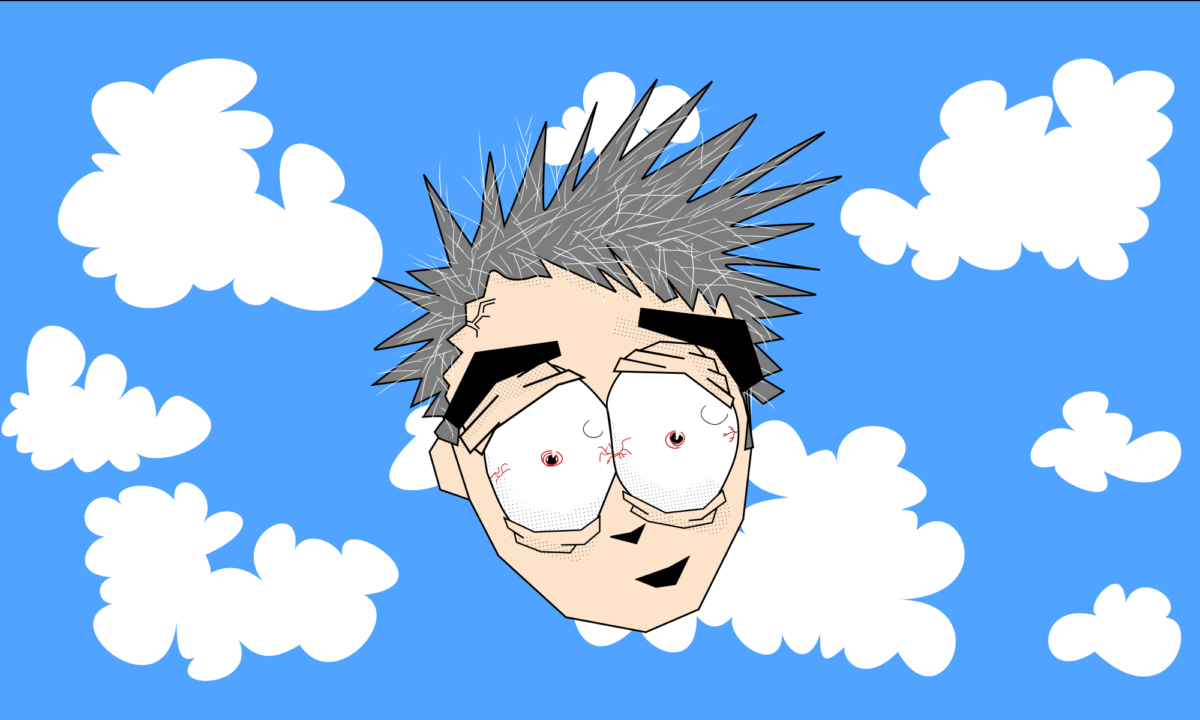大阪なおみ選手は記者会見に参加を拒否して、大会を棄権した背景:スポーツ業界対選手の戦い・・・
今日の記事:
Naomi Osaka Is Part of a Larger War Within Sports: who should make the rules? And how much power do athletes have to protect themselves?
June 2, 2021
まとめ Summary:
Congratulations, tennis. You’ve won neither the battle nor the war with Naomi Osaka, but you have just bullied one of the biggest stars in your sport into quitting a major tournament that could use the publicity she would have brought to it.
Osaka, the second-ranked woman in international tennis and the highest-paid female athlete in the world, withdrew from the French Open after a power struggle with tournament officials over whether she would attend obligatory press conferences.
Last week, Osaka announced on social media that she was skipping all news conferences during the event to protect her mental health.
Critics quickly portrayed Osaka as shirking one of her fundamental duties: communicating with the public. In reality, the episode laid bare some of the deeper tensions in big-money athletics. Who controls a sport—the leagues that organize the competition, or the athletes who actually play?
Rather than figure out a way to support Osaka or come to a workable compromise, French Open officials fined her $15,000 and threatened her with suspension. In response, she quit the tournament.
The end result—Osaka completely out of the tournament—benefited no one. Osaka’s subsequent explanation for her decision made tennis officials look all the more callous.
If the Grand Slam officials’ goal was to show Osaka who’s in charge, this was an enormous misstep.
Many would look at intense media scrutiny as simply the price of being a successful professional athlete. But today’s athletes aren’t willing to put a happy face on their trauma just so the rest of us can be blissfully entertained.
And With their massive social-media followings, they can take their message directly to the public.
The issues that Osaka has raised aren’t going away. These days athletes would much rather tell their own stories than let reporters do it for them. Not long ago, players couldn’t win any power struggles against the media, much less their own league. Now they can.
Hey Simon what do you think? 私に一コメントいわせていただければ・・・
I think Naomi Osaka has done a great thing: she’s shown us all how to stand up for our right to good mental health – I actually used her as an example: one of my students told me they are struggling, and I said: do what feels right for you, like Naomi Osaka did!
And here’s me trying to follow her example: I myself have been struggling recently, I haven’t been sleeping well, and (perhaps relatedly) I’ve been struggling to maintain momemtum and self-belief in something I decided to do: use the internet to speak up about what I think of the state of the world. I set myself a schedule to do a podcast every week, but whilst I am sticking to that for now, Naomi Osaka shows me that maybe it would be ok to take a break if I need to.
Hey Listeners what do you think? どうぞ自分の”一コメント”をメールで読ませてください
Do you think Naomi Osaka was right to refuse to do the press conferences?
Or do you think that is part of her job?
And do you think we need to pay more attention to our own mental health needs?
Or do you think we would be better to gaman for the greater good?
Listener’s Letters
I got some feedback from a friend (thanks Kasumi!) that it might be better to try to keep this podcast to about 15 minutes for each episode, so I’m trying that from today.(HA! I totally fail: 27minutes!!!笑)
Because of that, I cut quite a lot out of the article – including some sections about race and racism in sport – this is also an important issue and so I want to mention it here: you can find these sections in the article.
参考のリンク Related Links
Credits:
Music by Kajiki
Sound Effects: https://freesound.org/people/tensaimon/bookmarks/
SNS: tensaimon (instagram: kusaimon)


